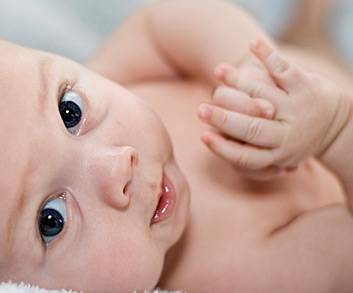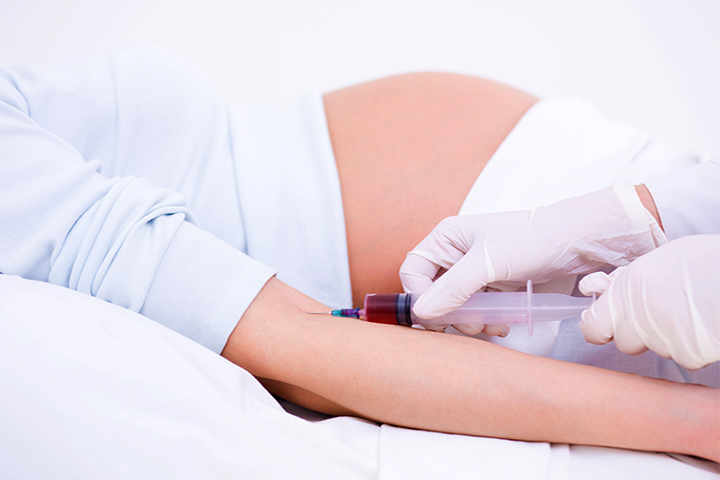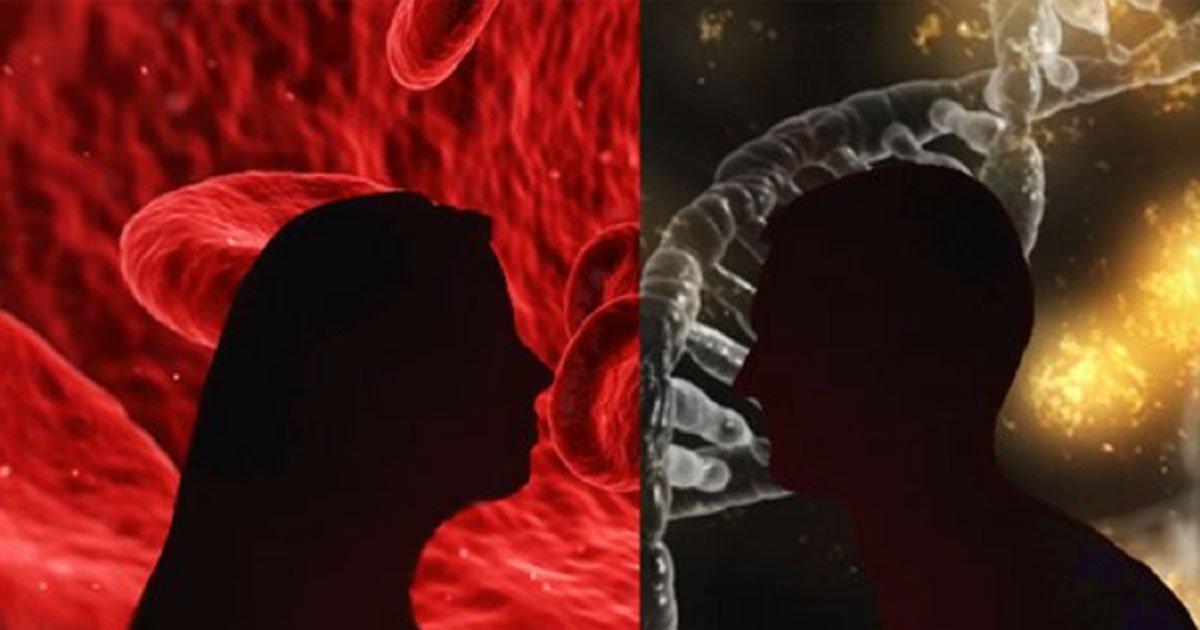
The Rh antibodies which are subsequently created can cross the placenta and “attack” the fetus’ blood, leading to health problems and the risk of even death of the fetus or the newborn baby. If the blood of the fetus somehow mixes with the mother’s, the body will know it’s not her own blood and will fight against as it’s a foreign entity. Rh factors can cause issues during pregnancyĪccording to the American College of Obstetricians and Gynecologists, if a woman has Rh-negative blood type but her fetus is Rh-positive, then an Rh incompatibility arises which can cause complications during pregnancy. This was found in the same study as the one looking at mental health.
A negative blood type pregnant skin#
Rh-negative people may have more allergiesĪn interesting fact about Rh-negative blood types suggests that people with these blood types may have more skin allergies. A study conducted in the US in 2015 found that men in particular often reported mental health disorders including panic, antisocial personality, and attention deficits. It appears that people with negative blood types are more at risk of developing mental health issues. People with Rh-negative blood types tend to suffer with mental issues more This is because female donors can have antibodies that may prove dangerous to patients who receive their plasma donations (even though these antibodies will have no effect on the donor themselves). Interestingly, fresh frozen plasma can only be produced from male donations. It is also the type of blood from which plasma can help patients of all blood types. Only 1% of blood donors have AB-negative type, a fun fact about Rh-negative blood type. It is tough to find new donors, so if you are a B-negative blood type, it’s essential to give blood to support others. With B-negative blood, the following groups can benefit from a transfusion: This makes it very rare for use in emergencies and blood transfusions in hospitals. 2% of blood donors have B-negative blood type. So, while the blood from an A-negative donor can be used with 40% of people, the platelets can help anyone in an emergency. People with A-negative blood are universal platelet donorsġ in 13 donors is A-negative, but what’s most important is that everyone can receive platelets from an A-negative donor.

This contributes to the short supply, since it will be the one most frequently used. This is a type of blood which can be given to anyone, but, unfortunately, it’s in short supply.īecause of its versatility, ambulances and emergency response vehicles have O-negative blood with them at all times. Of all blood donations, there is the least of O-negative blood. As a result, people with Rh-negative blood type are strongly urged to donate blood or just platelets, depending on what is more easily done where you are, an interesting fact about Rh-negative blood type. If you have Rh-negative blood type, your platelets are in high demand. Platelets are important for cancer patients, organ recipients, or people undergoing heart surgery. They can be separated from the rest of a blood donation, or you can donate platelets directly by connecting to a machine which does this for you and returns the red blood cells and plasma into your body. Platelets are small, disc-shaped cells that help with blood clotting. People with Rh-negative blood types are ideal for donating platelets

This is especially critical as Rh-negative blood types can only receive from other Rh-negative. Rh-negative blood is in short supplyĮach blood type has Rh-positive and Rh-negative types, but the Rh-negative blood type is the least available for transfusions. Read on to find out the key facts about Rh-negative blood types. However, what is the difference between Rh-positive and Rh-negative blood types and does this play a role in blood donations?

While AB can receive blood transfusions from all other types, O is a universal donor, meaning that their blood can be used for anyone else for a transfusion. There are four types of blood: A, B, AB and O.


 0 kommentar(er)
0 kommentar(er)
